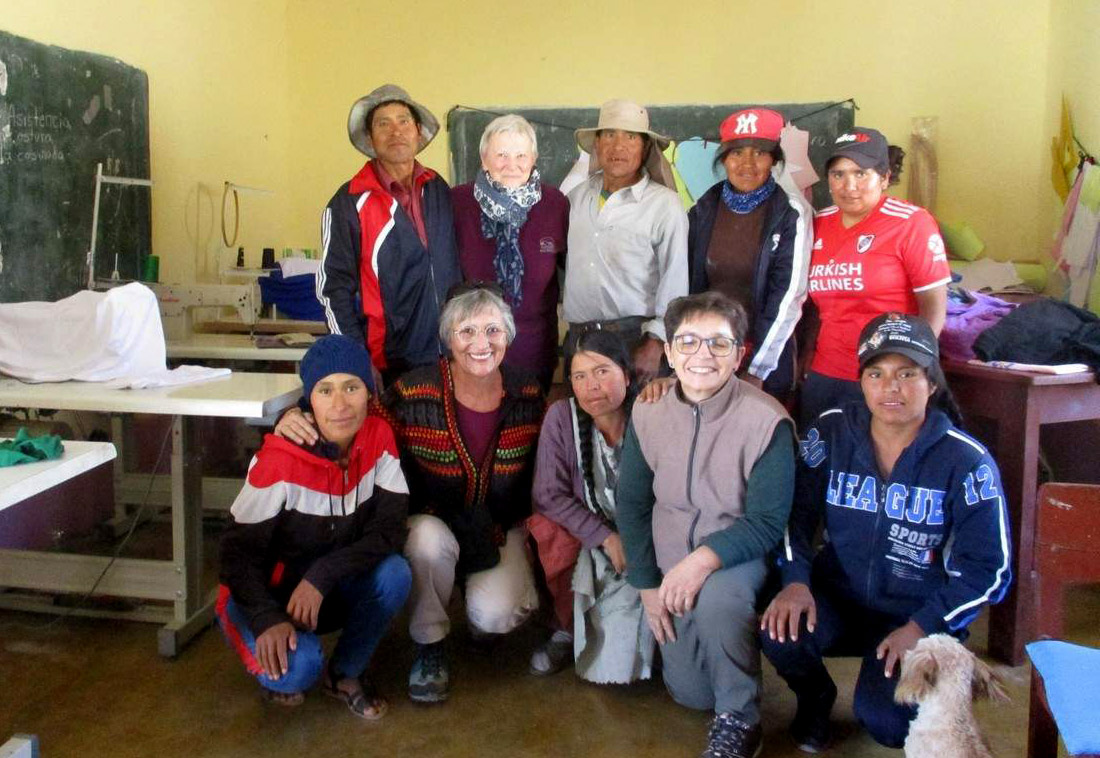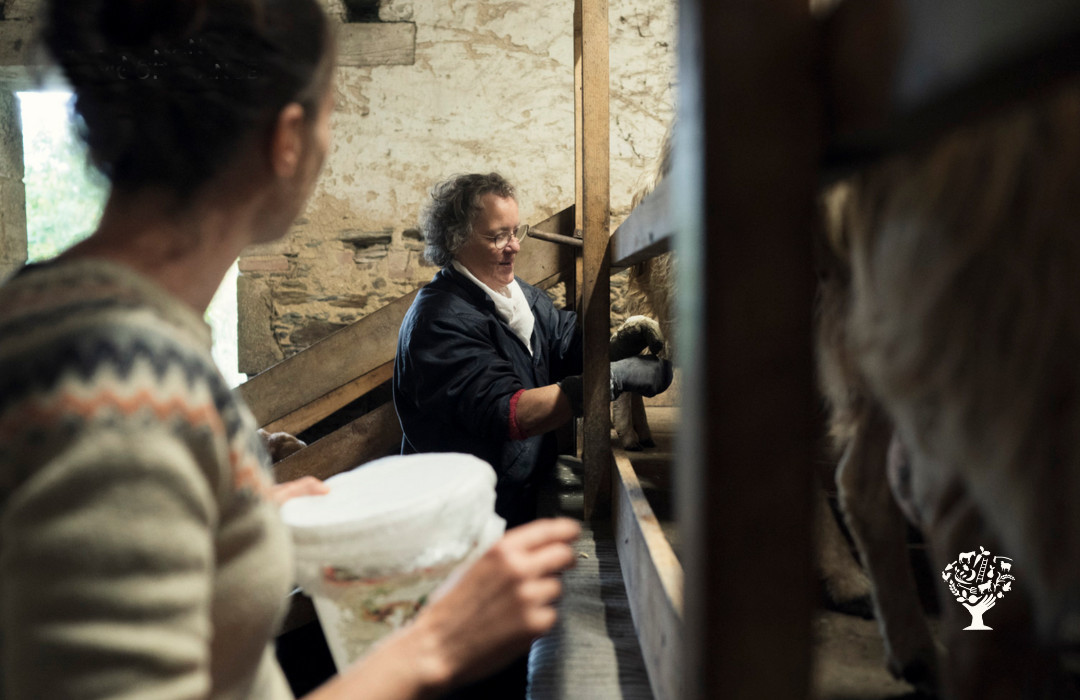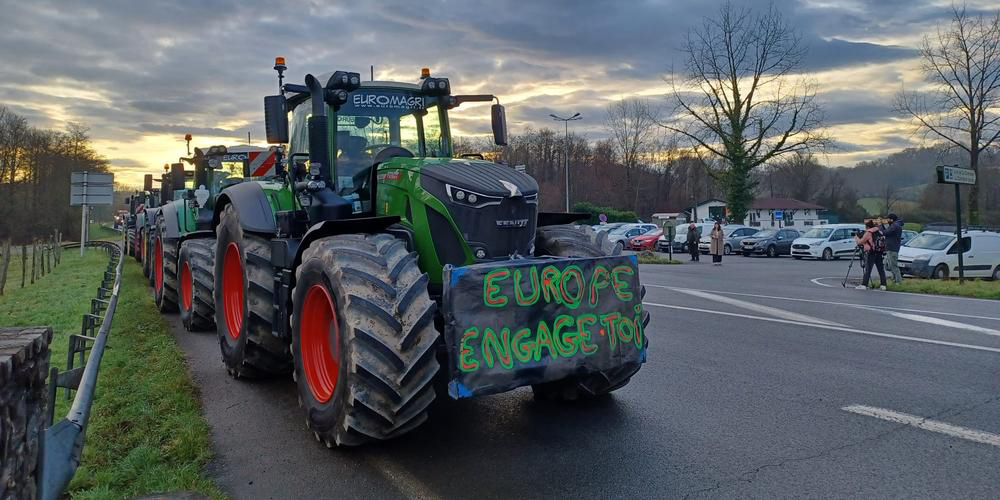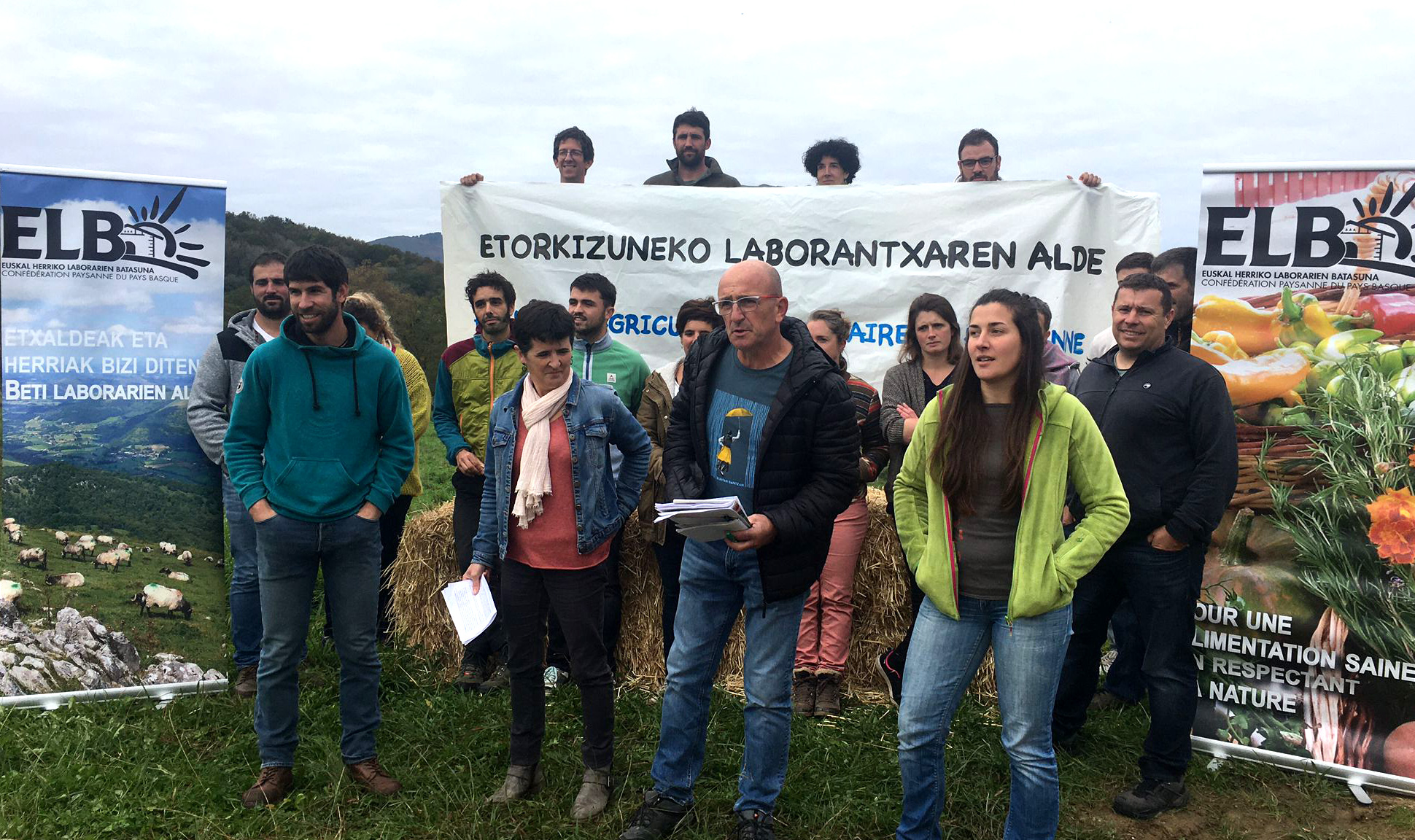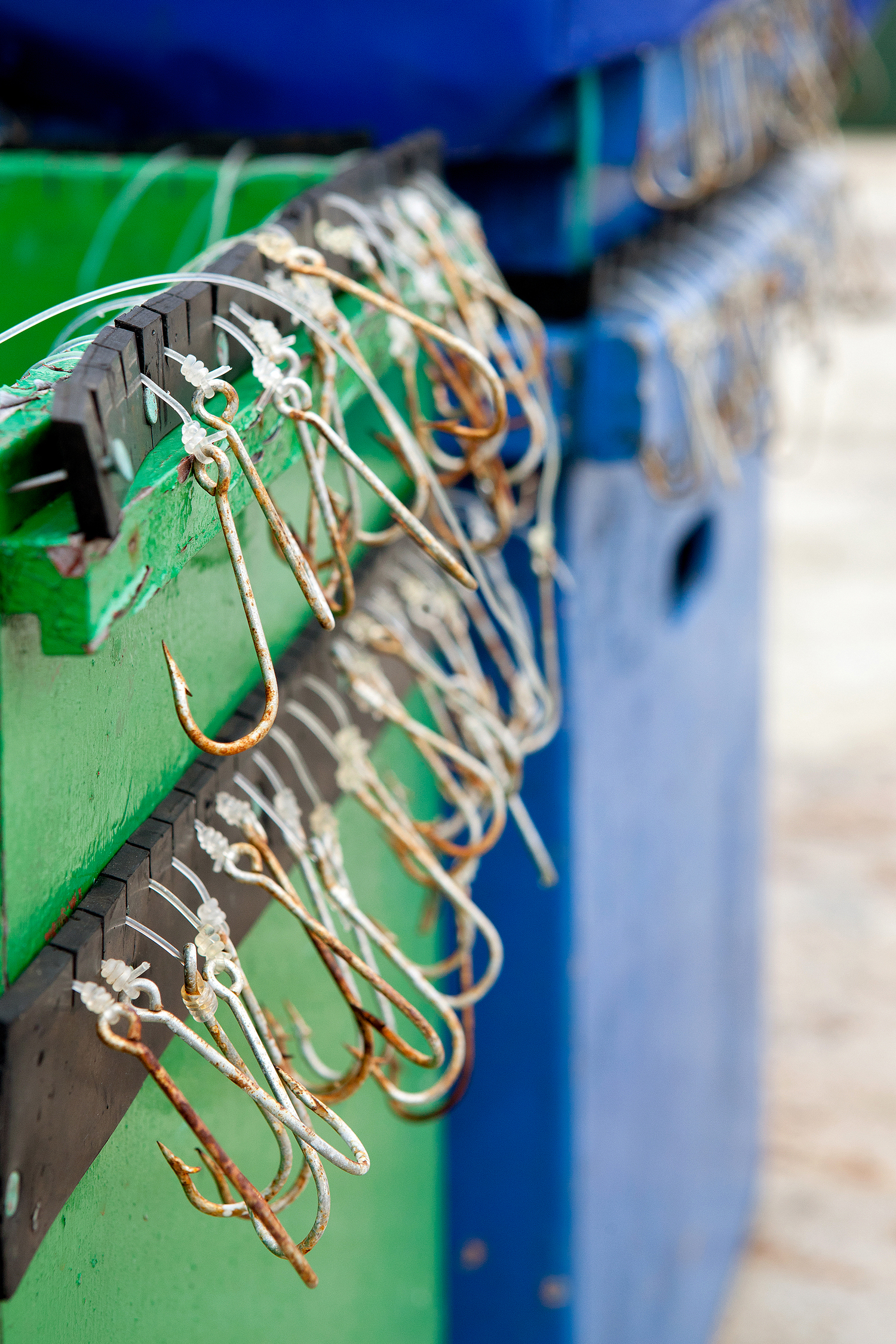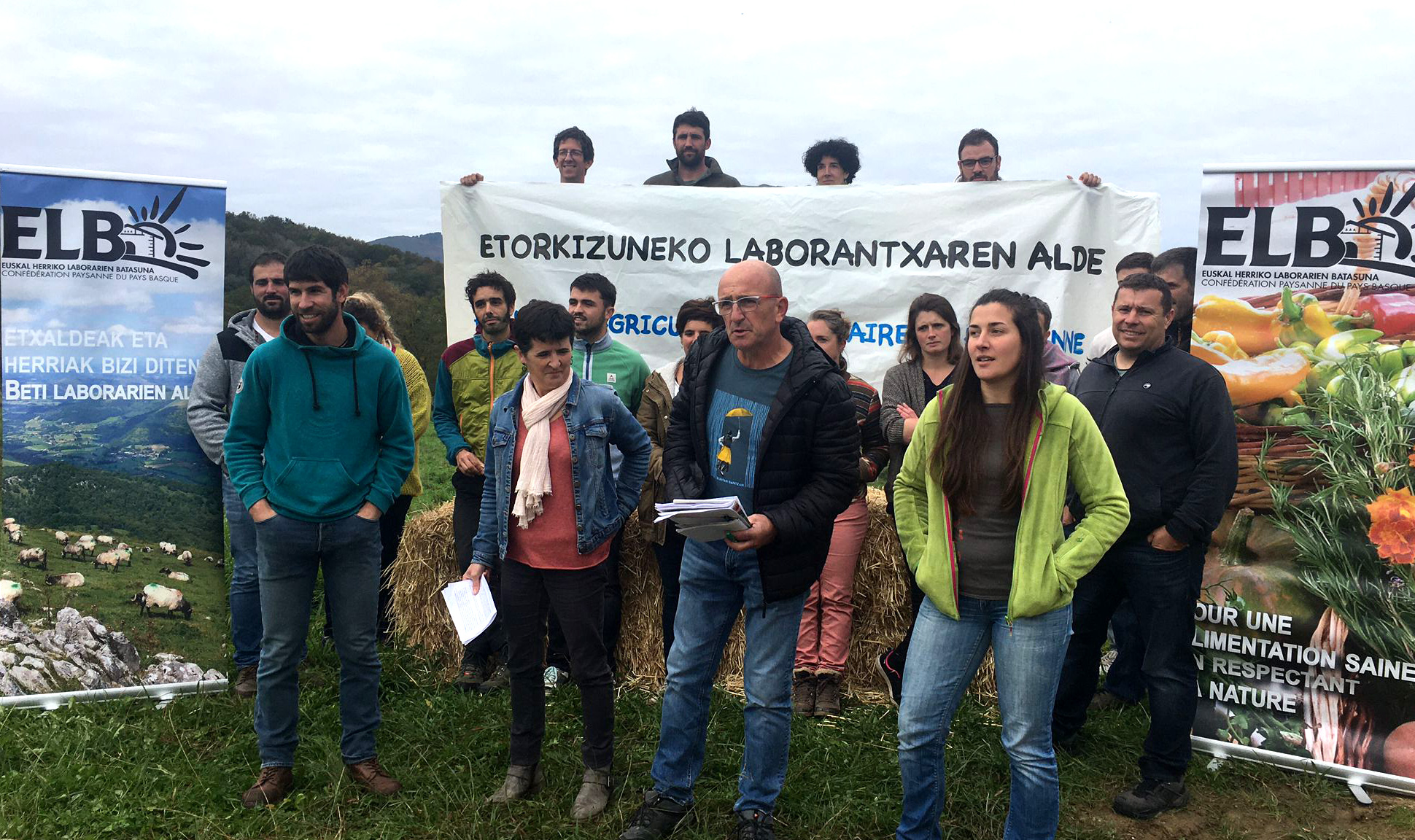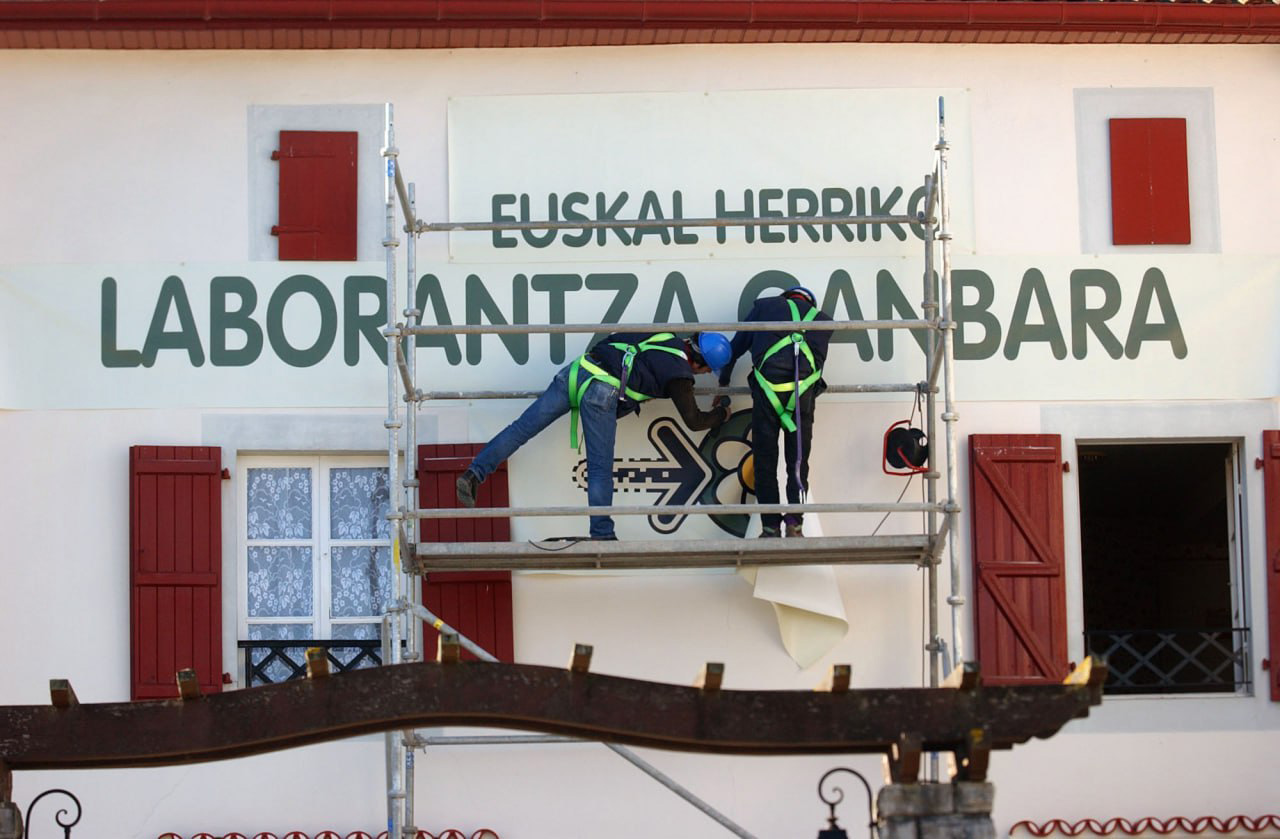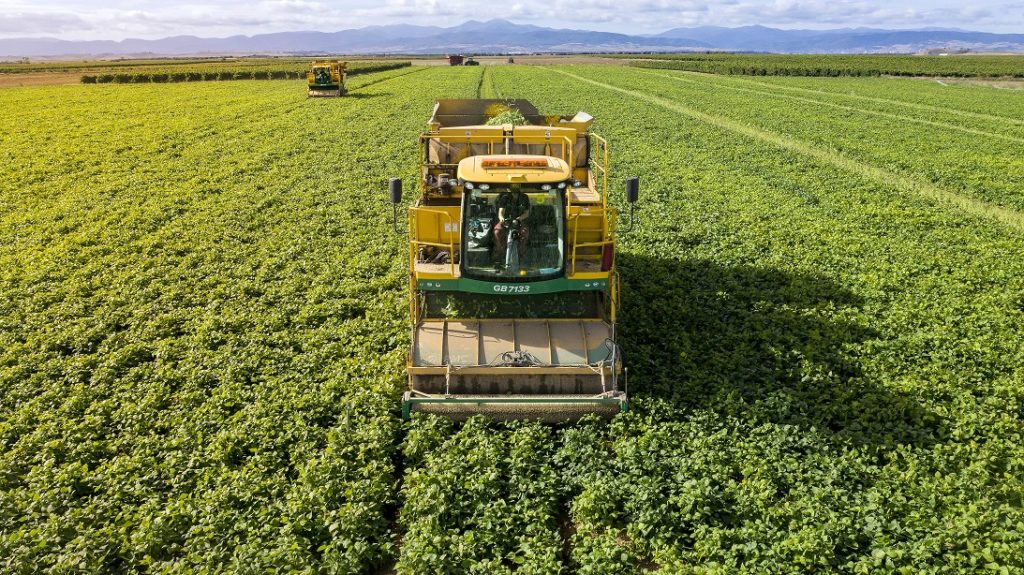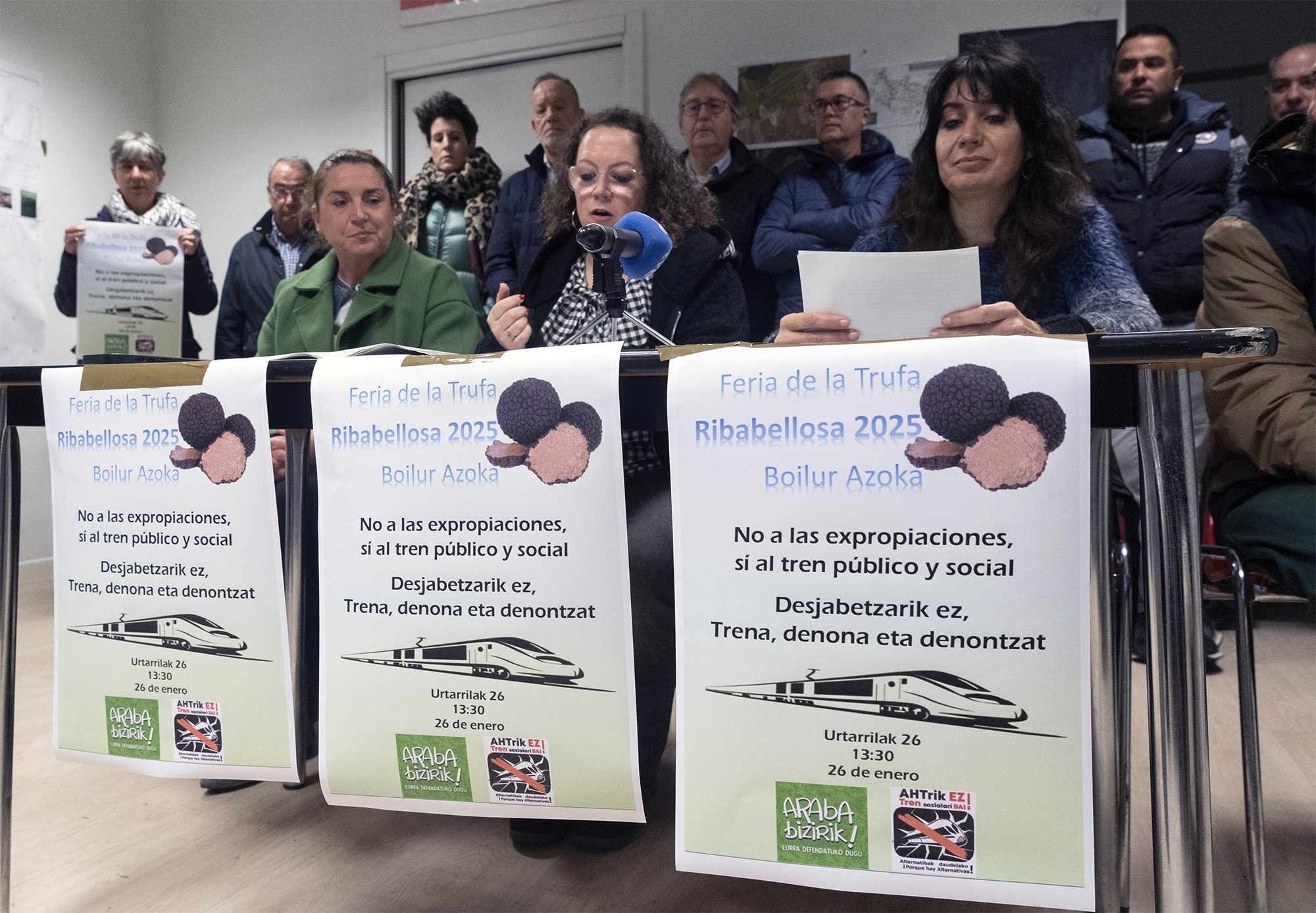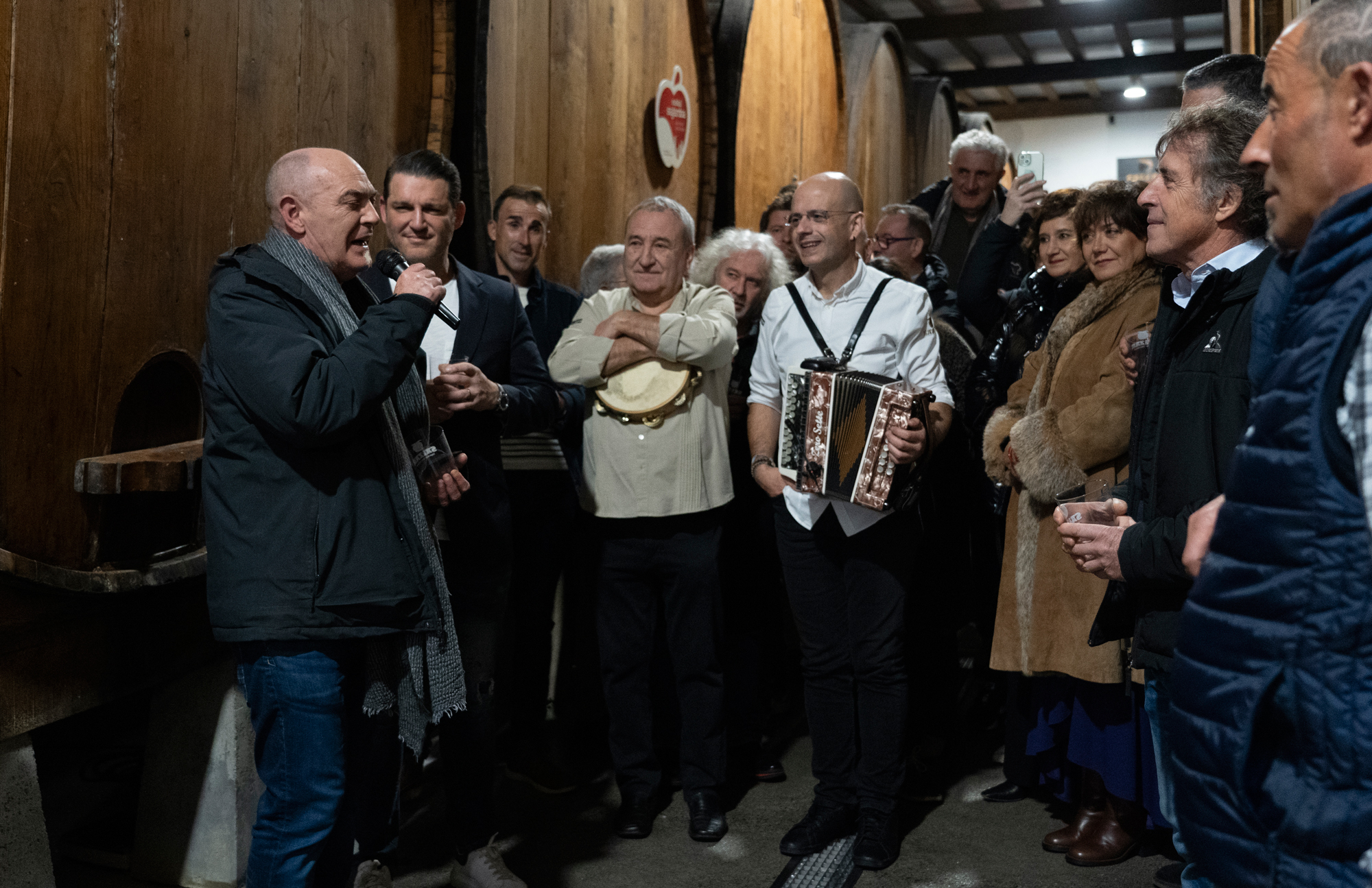"The closure of the Durango slaughterhouse is a roadblock for the primary sector of Bizkaia"
- Born in Aulesti in 1981, he has been mayor of the town of Gipuzkoan since last June. He also served as chairman of the board of directors of the limited company Erralde, together with the mayor. The slaughterhouse in Durango, managed by the Basque Government, has been closed since January by order of the Department of Health of the Basque Government. We have discussed the background and conclusions of the closure, as well as the project for the new slaughterhouse to be opened in Berriz.
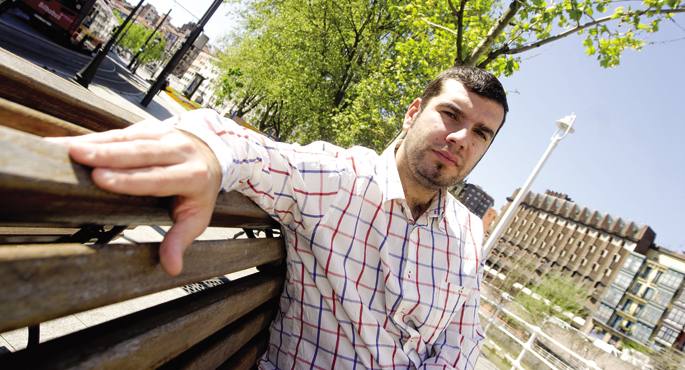
Erralde's story is a story that began a long time ago, even though the company itself was founded in 2006. A year earlier the slaughterhouse in Durango was closed, which was in the hands of the community of 48 municipalities, almost half of Bizkaia. Erralde was founded by thirteen municipalities – currently fifteen – which reopened the slaughterhouse and carried out a new project in Berriz, due to the obsolescence of Durango. However, last January it had to be closed because it was ordered by the Basque Government’s Department of Health when it considered that it did not comply with Community regulations. The improvements made to adapt to the rules have not served to reverse this situation. At the meeting held on 18 April, the Department of Health informed the representatives of Erralde that it maintained the closure order. The priority now is the construction of Berriz as soon as possible, but steps are also being taken backwards there. He has accused the Basque Government of being guilty of this delay, as it has been too long until they have been granted permission. Nevertheless, Bizkaia does not have a slaughterhouse at the moment.
It is clear that the slaughterhouse in Durango will not be able to reopen.
Yes. In January we were talking to the Department of Health. They said that they liked the improvements we had to make, but at the meeting on 18 April we could not come to see those improvements. They said it would be almost impossible to reopen the slaughterhouse. We have very little hope, it can be said that it is definitely closed.
What reasons did you get to make that decision?
They are technical criteria. We have made the improvements and proposed a new way of working. They said the way the slaughterhouse worked was dangerous, because crossings could spread. We have put methods to prevent this, but they, without seeing it, have said that this is not enough. We see that the hopes were false, that they have not fulfilled the word they gave us. From there, the reopening of the slaughterhouse in Durango will be impossible in practice. We must therefore devote our strength to the new project.
The biggest problem is the shape of the slaughterhouse itself.
Yes. It is assumed that, with the system of first need that existed, operators moved from one area to another. And that doesn't have to be done according to the law. This is what is said to create a risk of infection by crossing. We proposed to work in a new way, without crossing those workers and avoiding such pollution. But they didn't even give us the opportunity to try.
They say that there is no coordination between the various government departments. Agriculture says Erralde's is a strategic project, but Osasuna behaves differently.
That's right. In July last year we had a meeting with the Department of Agriculture, and they said that Erralde will be the only slaughterhouse in Bizkaia, and they put the strategic label on it. But apparently the Department of Health does not see that need, as there is no slaughterhouse now in Bizkaia. This is because of a decision they have taken, but they have not put in any alternative. Where does the farmers get back the money they are losing on their journeys? A service has been abolished and no solutions have been sought. It has to be borne in mind that farmers now have more money and more time to bring livestock to death.
Where are they going now?
To Gipuzkoa, to Oñati or to Urkaiko, to Zestoa. It's also Llodio, but that's pretty small. They have to make more transport costs, and that can be very damaging to a sector that was already very tight. Some say it's not worth it. This is a major blow to the primary sector in Bizkaia.
And the farmers themselves, what do they say?
They have been in our own way, in the hope of opening up. It should be noted that when the slaughterhouse in Durango was first closed in 2006, 1,017 farms were lost. Most were small, from 4 to 8 people. This means that a very sustainable livestock model has been badly damaged. It has served over 3,000 farmers, which means that over 3,000 families have had that support, and some of them only work on it. Now you see that you're going to get your wages lowered. Carriers will have to spend EUR 100 more per week.
Are they families from all over Bizkaia?
Around 90% of the animals slaughtered have been slaughtered from Bizkaia, according to Europa Press. Provincial. And it's not just where the livestock comes from. 95% of what dies is sold in butcher shops in Bizkaia. After all, indigenous meat, consumed here, is a sustainable model. It is a boost to food sovereignty.
Until a few years ago, the slaughterhouse in Zorroza (Bilbao), promoted by the Basque Government, has also been open to the public. They have been very different models from Erralde and her.
Giants act in the interests of the first sector. It does not seek benefits. And the way it works is different. In the case of lamb, for example, it was negotiated with the farmers themselves at what price it was taken. Giant paid twice as much of the lamb they had brought him from other places. For baserritars, the giant model is more interesting. Then the consumer has to pay more, but knowing that it is quality. Not only the farmers, but also many consumers are in favour of this model.
It says that the previous time the slaughterhouse was closed, 1,017 farms disappeared. What are the consequences of the current closure, knowing that the Berriz closure is going to take about two years?
I do not know, we have not made any calculations. It has to be said that, in addition to losing those 1,017, another thing that happened before was that people, when they were born calves, sold them to bathers rather than to rearing. Cattle grow as they grow in heifers, and that meat comes back to us. We do not think it is the meat we want to eat. The service must be restored before the sector is hit too hard. The sector has already been able to recover little by little from the blow it had received before, but now, as things stand, we do not know what will happen.
One of your objectives is the expansion of Erralde, the incorporation of more municipalities.
It's not the same Erralde, I wouldn't say it. The key is to push the project forward, whether it's like Erralde or otherwise. The most important thing is to have an infrastructure that provides this service. This requires the participation of public administrations. Now the fifteen municipalities have a responsibility, only fifteen of us have been serving the sector. And we're small, medium-sized, not very large city halls. That is why we call again and again all the administrations, from the Basque Government to the last town hall. This service is provided by the Administration, which has fifteen small municipalities.
The crisis is also there.
Yes, but we have to see what the priorities are. Food, the possibility of consuming local products, is fundamental. If we all come together, it will not be a huge effort. Despite the crisis, other services are not called into question, and this cannot be called into question either.
Zubiak eraiki Xiberoa eta Boliviaren artean. Badu jadanik 16 urte Boliviaren aldeko elkartea sortu zela Xiberoan. Azken urteetan, La Paz hiriko El Alto auzoko eskola bat, emazteen etxe baten sortzea, dendarien dinamikak edota tokiko irrati bat sustengatu dituzte.
Arrantza handi eta industriala defizitarioagoa da sozialki, ekonomikoki eta ekologikoki arrantza txikiaren alboan; arrantza txikiak baino dirulaguntza publiko dezente gehiago jasotzen ditu; eta are, soilik laguntza horiei esker bizirauten du. Horixe erakutsi du Frantziako... [+]
Datorren astean Departamenduko Laborantza Ganbarako hauteskundeak ospatuko dira Ipar Euskal Herrian. Frantzia mailako FDSEA eta CR sindikatuez gain, ELB Euskal Herriko Laborarien Batasuna aurkezten da, "euskal laborarien defentsa" bermatzeko.
Euskal Herriko Laborantza Ganbera elkartearen hogei urteak ospatu zituzten asteburuan Ainhize-Monjolosen. 2005eko urtarrilaren 15 hartan sortu zuten Lapurdi, Baxenabarre eta Zuberoako laborantzaren garapena –hori bai, iraunkorra eta herrikoia izan nahi duena–... [+]
Departamenduko Laborantza Ganbarako hauteskundeen kanpaina abiatu da. Urtarrilaren 14an bozetara aurkezten diren hiru sindikatuen ordezkariekin bi oreneko eztabaida sakona antolatu zuten Euskal Hedabideek, osoki euskaraz.











